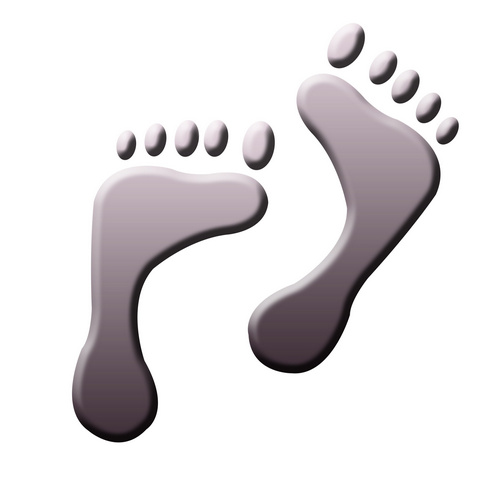Foot Care for People with Diabetes
People with diabetes are also more likely to have poor blood flow to the legs and feet, known as peripheral artery disease (PAD). PAD can slow healing, make it harder for antibiotics to work, and increase the risk of ulcers. In serious cases, this may lead to amputation of the toe, foot, or leg.
Your doctor should check your feet at least once a year for:
Nerve damage (neuropathy)
Poor circulation (PAD)
Foot deformities
Calluses or corns
Ulcers or infections
If you already have neuropathy, PAD, foot deformities, or skin problems, it’s a good idea to see a foot doctor (podiatrist) regularly.
Tips to Protect Your Feet
Check your feet every day for cuts, blisters, redness, swelling, or any changes.
Avoid injury: Be extra cautious to protect your feet.
Wear comfortable, well-fitting shoes with good arch support. You may need special diabetic shoes.
Never walk barefoot, even indoors.
Check inside your shoes before wearing them to make sure nothing inside could hurt your feet.
Avoid sandals, high heels, pointed toes, and plastic shoes—they don’t protect your feet well.
Always wear socks (ideally seamless ones) to protect your skin from rubbing or injury.
Foot Hygiene and Skin Care
Test bath water temperature before stepping in. If you have nerve damage, use a thermometer to make sure the water is between 90–95°F. Too-hot water can burn your skin without you noticing.
Don’t soak your feet—this can dry out the skin and lead to cracks and infections.
Dry your feet well after washing. Gently pat them dry and make sure to dry between your toes.
Use powder between your toes to keep the area dry.
Apply lotion daily to the tops and bottoms of your feet to keep the skin soft, but don’t apply lotion between your toes—this area needs to stay dry.
Calluses and corns (thickened skin) should be treated by your doctor. Do not use over-the-counter corn removers, plasters, or blades—they can cause infections.
Contact Us
The newsletter is only sent if there are any new blogs or articles added.

